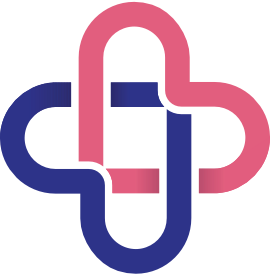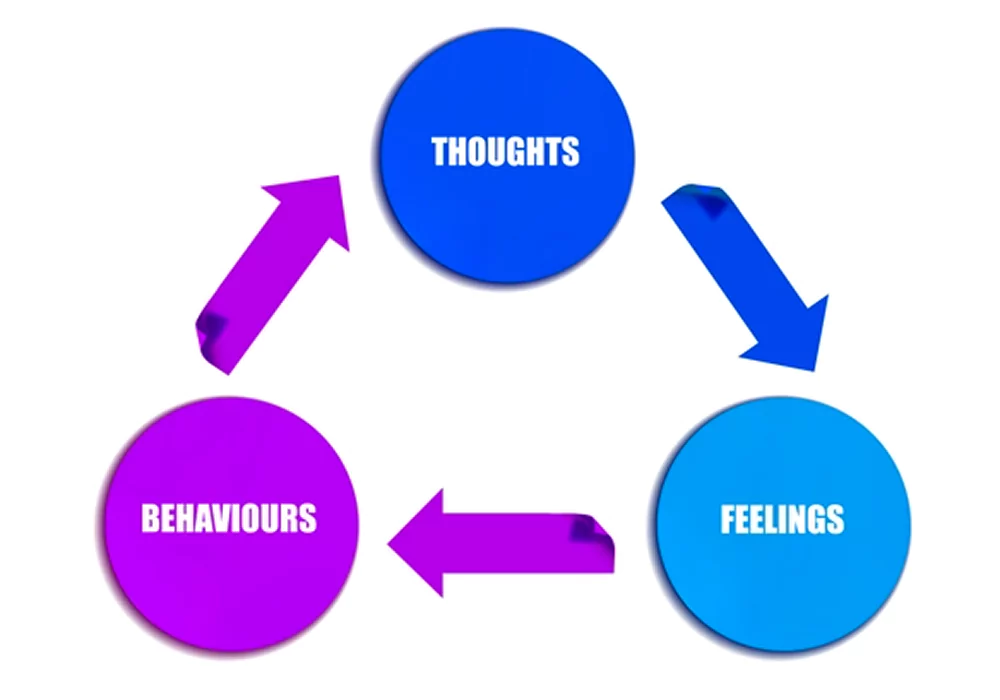Key Takeaways
CBT helps tackle the thoughts and emotions that often get in the way of weight management. It’s not just about what you eat or how often you move, but why those habits are hard to change in the first place. By building skills like self-monitoring, stress management, and reframing unhelpful thinking, CBT supports long-term success. It’s a practical, evidence-based tool that helps you create a life you can stick with, not just a plan you can follow for a while.
Why CBT for Weight Management?

You might wonder why CBT, typically known for treating mental health disorders, is being recommended for weight management. The reason lies in its unique approach to understanding and changing your thought patterns and behaviors. Unlike conventional weight loss programs that primarily focus on physical aspects like diet and exercise, CBT includes the psychological factors influencing your eating habits. This includes understanding why you might choose certain foods or struggle to maintain a regular exercise routine.CBT helps you identify and challenge the sabotaging thoughts that lead to unhelpful eating behaviors. For example, you might think: "I've had a stressful day; I deserve this treat" . CBT teaches you to recognize these thoughts and respond to them more effectively. Instead of succumbing to the immediate comfort of food, you can learn to manage stress in more helpful ways.By tackling these psychological aspects, CBT offers a more comprehensive approach to weight management. It's not just about changing what you eat or how much you exercise, but changing how you think about food, exercise, and yourself. This cognitive shift is crucial for long-term success in weight management.
Understanding the Psychological Aspect of Eating
CBT teaches you the skills to understand the psychological triggers behind your eating behaviors. It's not just about hunger; often, eating habits are influenced by a range of emotions and thoughts. For instance, you might find yourself eating more when stressed, bored, or upset, even if you're not physically hungry.CBT helps you learn to distinguish between physical hunger and emotional eating. You'll learn to recognize patterns like stress-induced cravings or eating in response to external cues. By becoming aware of these patterns, you can start to make strategic choices about your eating habits, leading to healthier decisions that are aligned with your weight management goals.
Long-term Effectiveness
CBT has demonstrated significant efficacy in both weight loss and weight maintenance, addressing one of the biggest challenges in weight control: preventing weight regain after initial loss. A systematic review and meta-analysis involving 902 participants across nine randomized controlled trials, highlighted a medium, significant effect size of CBT interventions for weight loss and maintenance. This is particularly noteworthy as weight loss interventions often struggle to demonstrate long-term efficacy. In studies that provided sufficient data on weight maintenance, participants receiving CBT interventions were more successful in maintaining weight loss compared to control groups. These results underscore the effectiveness of CBT in implementing lifestyle changes, particularly in the crucial aspect of maintaining these changes over time
Implementing CBT in Weight Management Programs

The transition from understanding the principles of CBT to applying them in weight management involves personalizing practical strategies that you can integrate into your daily life. Some of the tools used include goal setting, self monitoring, time management, and assertive communication techniques. These evidence based CBT strategies are coupled with the latest research on behaviour change and habit formation and are helpful in maintaining focus and tracking progress.
Goal Setting and Self-Monitoring
Setting realistic, achievable goals is a cornerstone of CBT for weight management. It's about creating targets that are challenging yet attainable, providing a sense of accomplishment as you progress. Coupled with goal setting, self-monitoring is vital. Keeping a record of your eating habits, physical activity, and emotional states helps you become more aware of your behaviors and triggers. This heightened awareness is crucial for making informed decisions that align with your weight management goals.
Challenging Unhelpful Thoughts
CBT teaches you to identify and evaluate thought patterns related to eating and body image. These thoughts, often automatic and deeply ingrained, can sabotage your efforts. By learning to recognize and reframe these thoughts, you can develop a healthier relationship with food and your body.
Stress Management and Emotional Eating
Stress and emotions play a significant role in eating behaviours. CBT provides strategies for managing stress and emotional triggers, helping you avoid turning to food for comfort. Learning coping mechanisms that don't involve eating is key to overcoming emotional eating and maintaining a healthy lifestyle. While different techniques are helpful for different people, some examples include relaxation techniques like progressive muscle relaxation, breathing exercises, or visualization.
Final Thoughts
CBT offers a multifaceted and effective approach to weight management, addressing the critical interplay between mind and body. By incorporating CBT into your journey, you're not just aiming for a number on the scale but striving for a healthier, more balanced lifestyle. This empowers you with tools and strategies to overcome psychological barriers, enabling sustainable changes in both eating habits and overall well-being.





.webp)